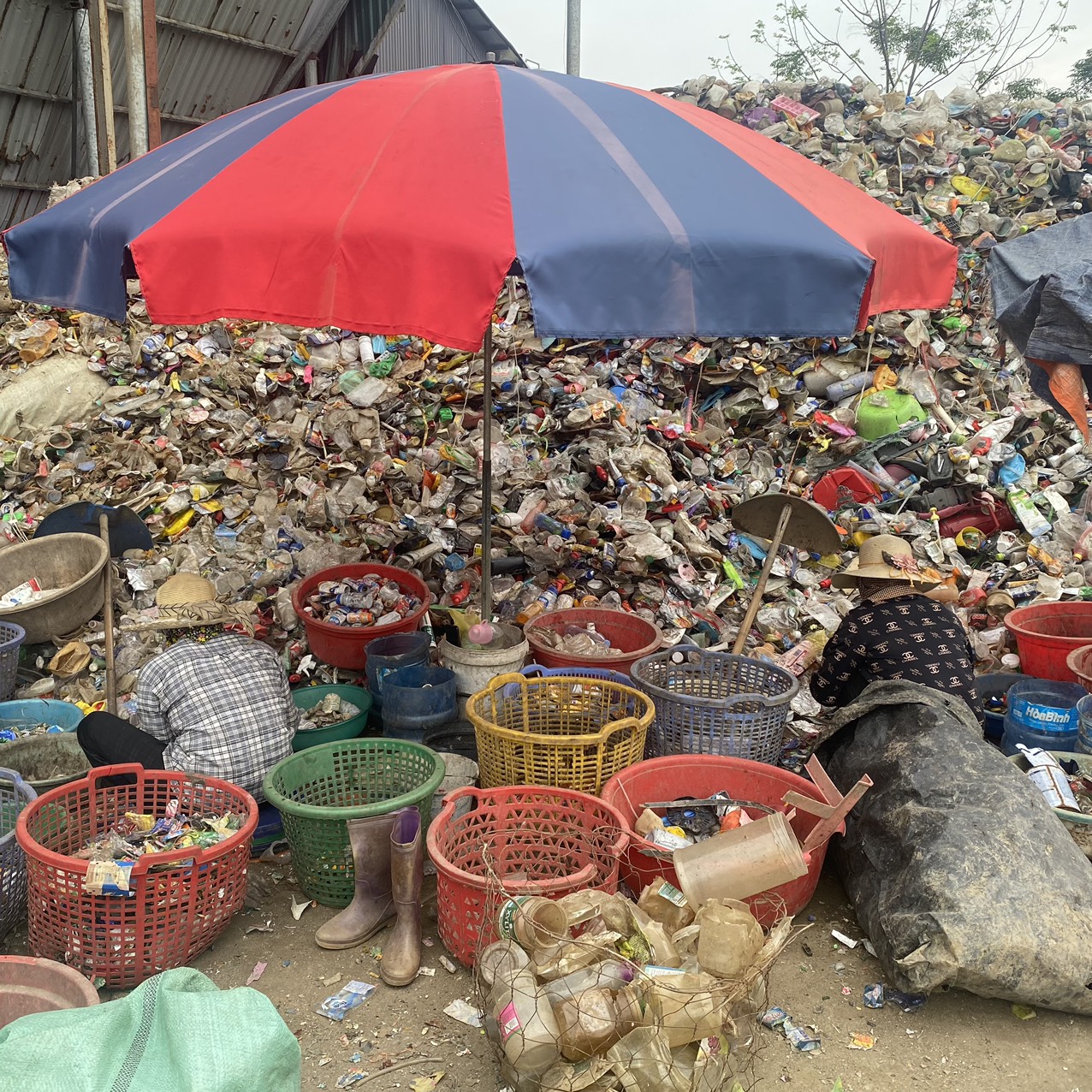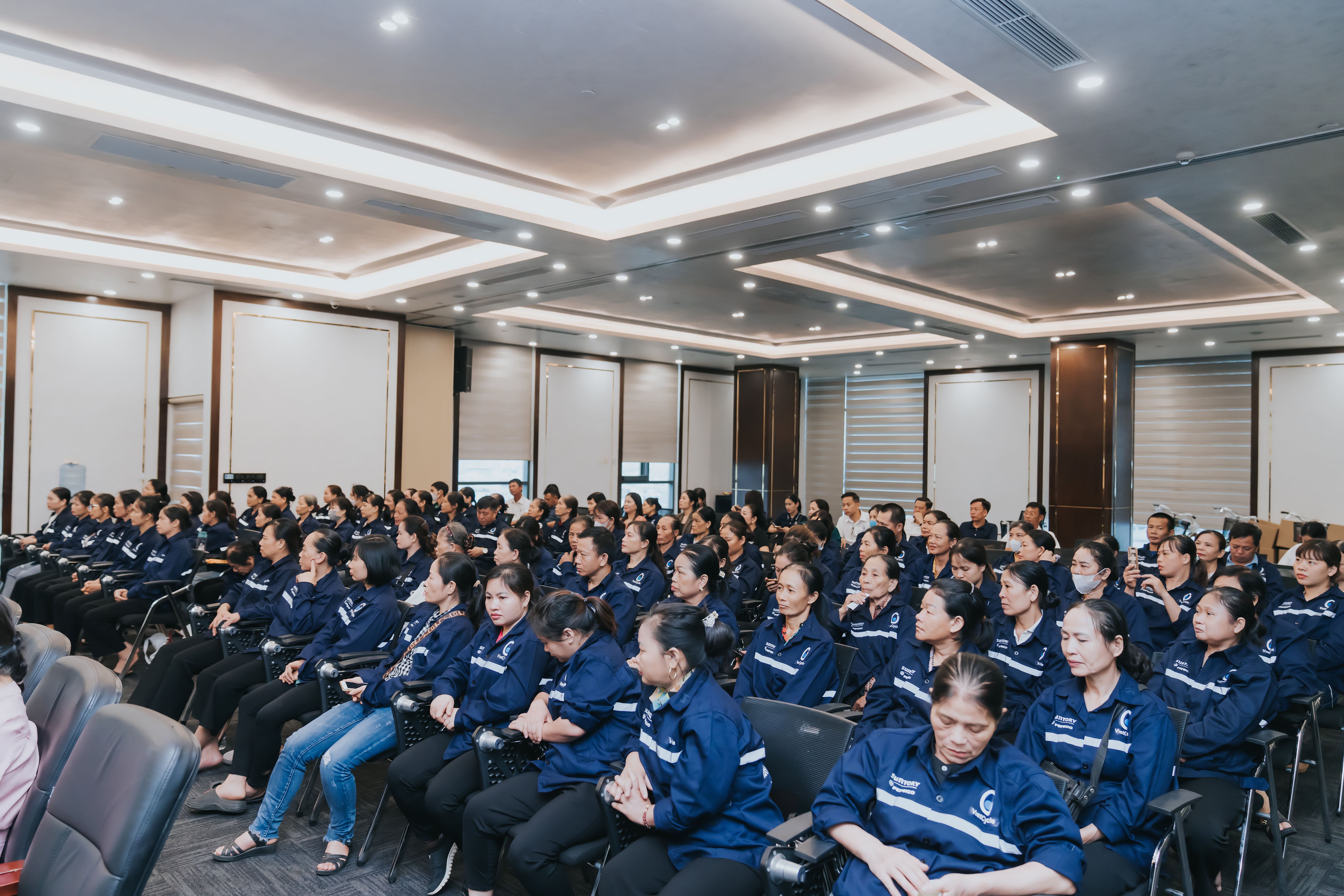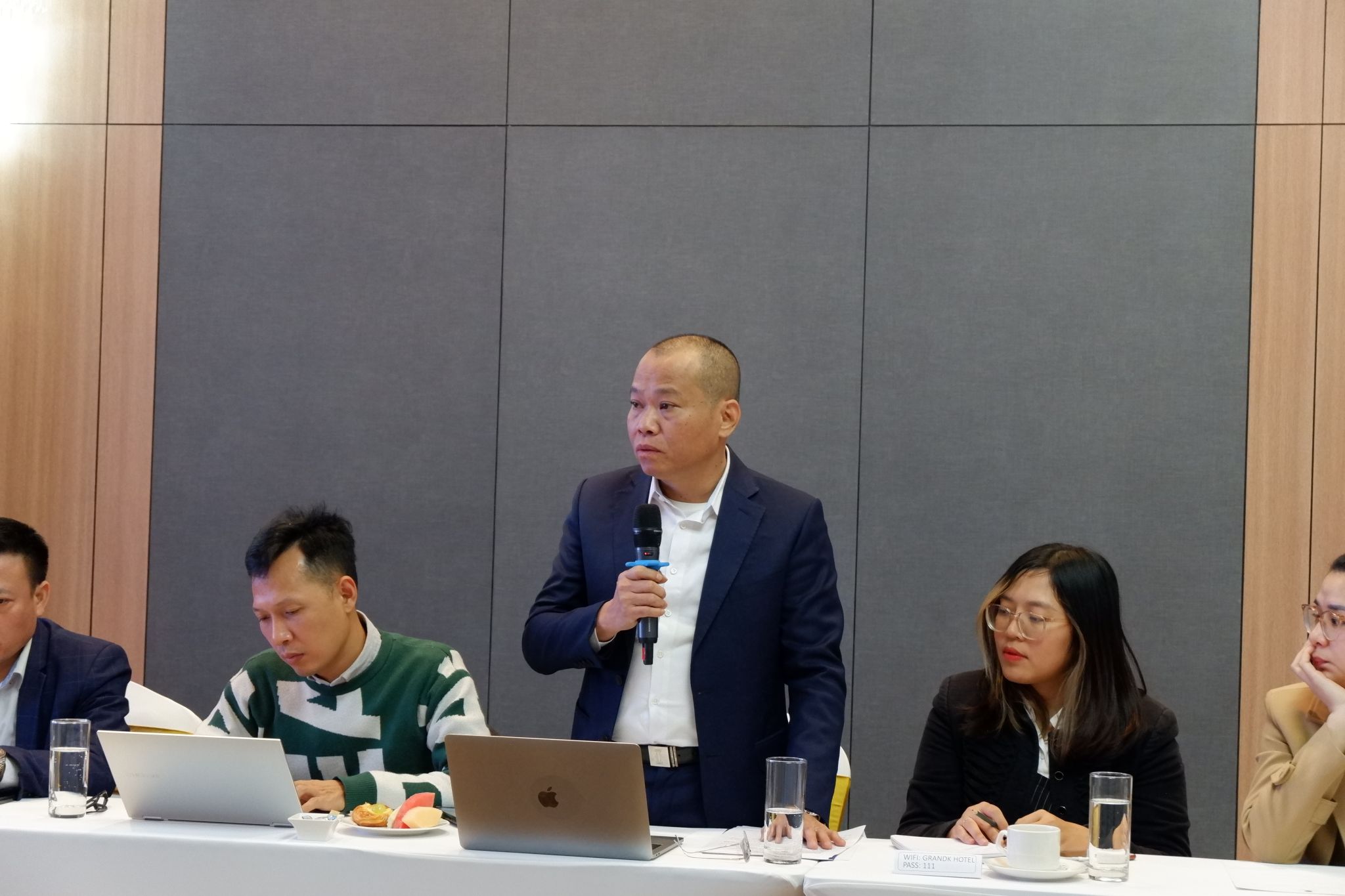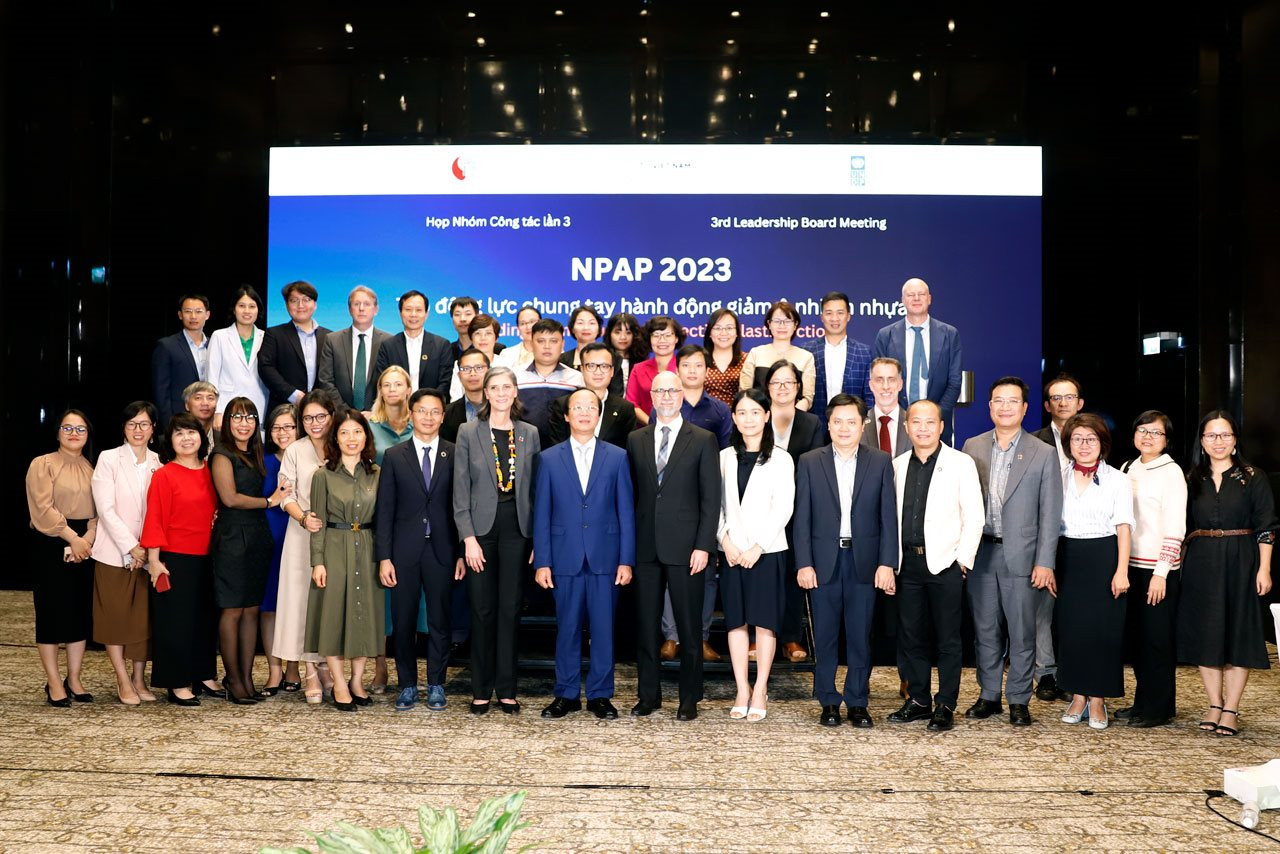Plastic waste segregation at source is critical in bringing plastic back to serve business activities while promoting the Circular Economy model in Vietnam. Collecting and processing more plastic waste than packaging sold in the market is also a commitment that Unilever needs to achieve by 2025.
Vietnam is in the top 10 countries responsible for about 13 million tonnes of plastic waste discharged into the ocean each year. However, banning plastic use is not the solution, as plastic is an optimal material for packaging and transportation while emitting fewer greenhouse gases than other materials.
The critical point is that too much plastic exists in the environment – on land and in the ocean. We need to turn plastic waste into a renewable resource by bringing plastic back to the circular economy via segregation at source and collection.
Acknowledging that, as a leading multinational company in consumer goods, Unilever Vietnam sets out its ambitious target for plastic waste collection.
“Along our sustainable development journey, Unilever pays special attention to the goal of building a waste-free world through strong commitments to plastic waste management. We will collect and process more than we sell by 2025,” a Unilever Vietnam representative said.
Two models
Plastic waste segregation and collection can only express its real strength thanks to the government’s direction and support, the coordination of businesses and organisations, and the community’s awareness and action.
Understanding this, Unilever started its plastic waste management journey in Vietnam with the in-community plastic waste segregation at source and collection model through waste-for-gift green days, initiated in Hanoi.
This model also helps to raise awareness and establish good habits about waste segregation at source for more than 41,400 households and 32 schools with more than 15,000 students.
According to the United Nations Development Programme, it is estimated that more than 30 per cent of waste in Vietnam is collected through informal channels. Therefore, the informal waste collector workforce plays a vital role in the plastic waste segregation and collection system that Unilever Vietnam has been driving.

Along with its partner VietCycle, Unilever Vietnam has pioneered “The Plastic Reborn” programme to deploy the informal plastic waste segregation and collection channel – informal waste collectors.
This programme aims to plastic waste segregation at source and collection to promote the Circular Economy, meanwhile improving working conditions, occupational safety, health, and life for informal workers – mainly women.
This initiative has successfully built a collection system in Hanoi through recruiting and building on-street collection agents, large collection stations, and a labour network of more than 1,200 informal waste collectors.
Additionally, the programme has implemented training and communication activities for collection associations, collection stations and informal waste collectors, helping them with information about hygienic conditions, labour safety, and protective equipment for the plastic waste collection process. This supports improving health and living conditions for collectors.

These two segregation and collection models from Unilever Vietnam have sorted at source and collected more than 12,000 tonnes of plastic waste, building a firm foundation for the business to collect and process more plastic waste than the packaging amount sold by 2025.
By Ha Thuy – Vietnam Investment Review under the Ministry of Planning and Investment






